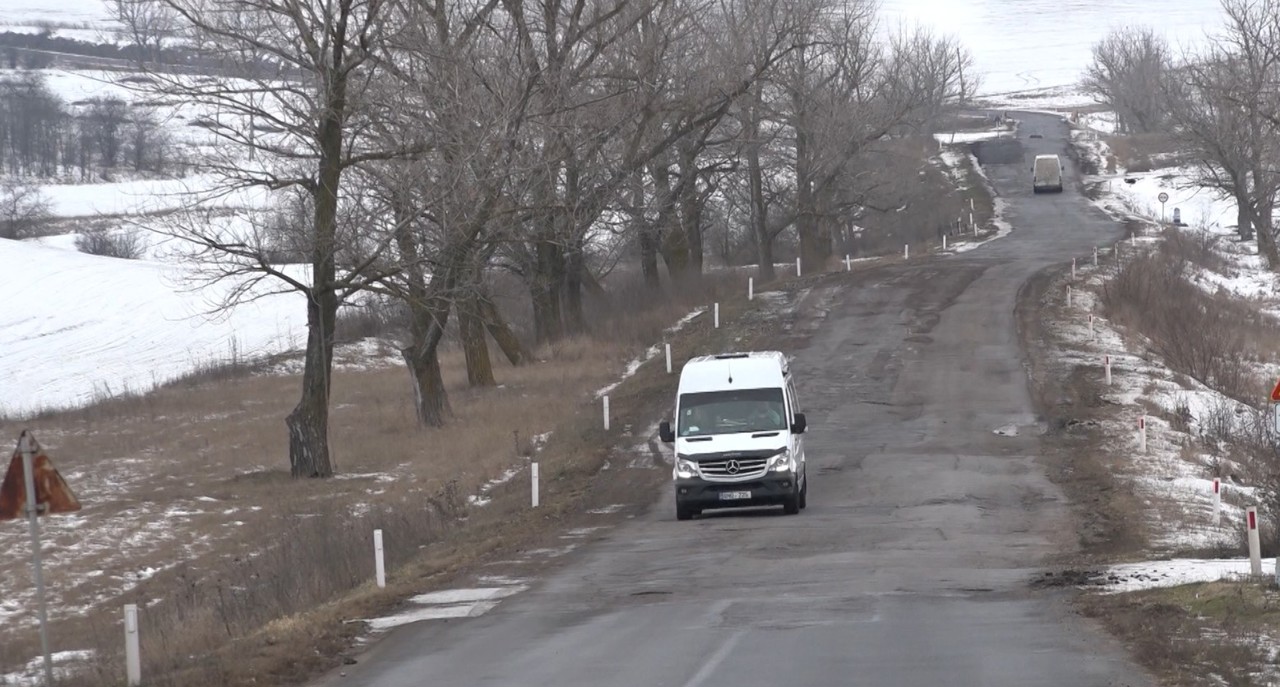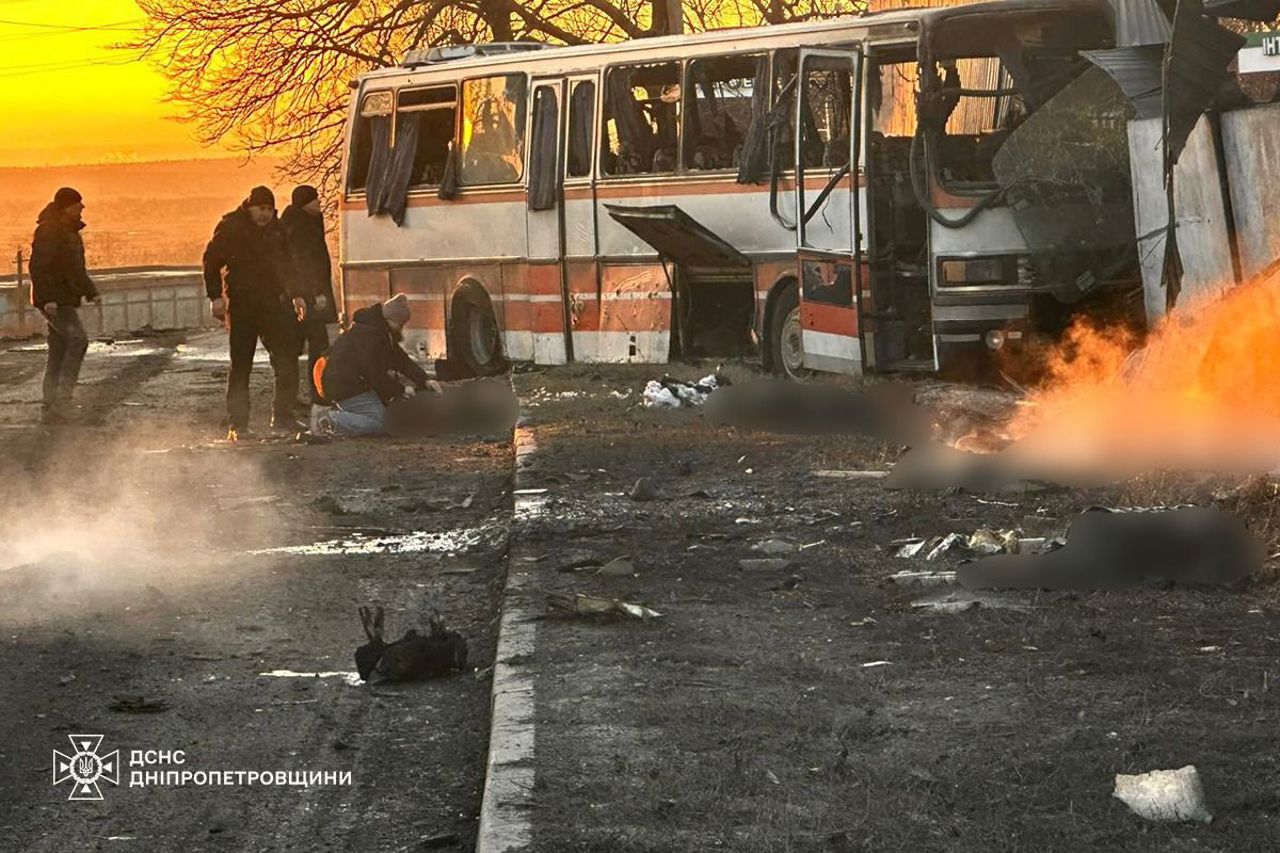Moldova remembers Stalinist deportations of 1941

Members of Parliament observed a moment of silence on Thursday, at the opening of the parliamentary session, in memory of the victims of the Stalinist deportations, 84 years after the first wave recorded on the night of June 12-13, 1941.
The Speaker of Parliament, Igor Grosu, recalled this painful moment in the country's history, stating that the deportations constituted a crime against their people and that it is the authorities' duty to keep the memory of these tragedies alive.
"The Soviet regime at that time forcibly removed over 30,000 people from their homes. They were loaded onto freight trains and sent far from home. All these innocent individuals are part of the tens of millions of victims claimed over the years by the totalitarian Stalinist regime," Igor Grosu declared during the Parliament's plenary session.
The Speaker noted that for many of those deported, justice has yet to be served, and their suffering must be acknowledged and conveyed to future generations.
"Why is it important to speak about these historical atrocities? Because we are talking about our grandparents, parents, and relatives, who endured agony, who died in agony, and many of whom never returned home. The tragedy of the deportations is the tragedy of our nation. We will never forget. It is our duty to prevent regimes from perpetrating such crimes and to remember that human life is paramount, transcending any imperialist fantasy," the Parliament Speaker emphasized.
On the occasion of the commemoration, Igor Grosu announced that the National Archives Agency has received an additional batch of approximately 20,000 files related to the deportations from the Soviet period, transferred from the Ministry of Internal Affairs Archives. This transfer marks the completion of the process, initiated in 2010, of handing over all files concerning political repressions.
"This is a historic moment. The complete list of files will be available online on the Agency's website by July 5, allowing all citizens, regardless of their place of residence, to check for a file without needing to physically visit the archive," Igor Grosu stated.
It is worth mentioning that on the night of June 12-13, 1941, the first wave of Stalinist deportations commenced in Bessarabia and Northern Bukovina, one of the most painful episodes in the region's recent history. Tens of thousands of people were forcibly removed from their homes, loaded onto freight trains, and dispatched to Siberia or Kazakhstan. Among the victims were the so-called "enemies of the people": affluent peasants ("kulaks"), priests, intellectuals, civil servants, military officers, members of local administrations, or interwar political parties.
The deportees were subjected to inhumane conditions. Families were separated, men were sent to forced labor camps (the Gulag), and many did not survive the cold, starvation, or exhaustion. This tragedy unfolded in the context of Bessarabia's annexation by the Soviet Union, as a consequence of the Molotov-Ribbentrop Pact signed on August 23, 1939, which forced Romania to cede the territories between the Prut and Dniester rivers, Northern Bukovina, and the Hertsa region.
With the establishment of the Soviet regime, a widespread campaign of purges and repression commenced. Those deemed dangerous to the new political order—mayors, landowners, merchants, police officers, military officers, teachers—were targeted for deportation. In the first wave in June 1941, nearly 22,000 individuals from 3,470 families were deported.
The lists of those targeted were often compiled arbitrarily, with numerous procedural irregularities—handwritten, lacking official approvals, or without any legal justification. Thousands of innocent individuals were torn from their communities and sent into forced exile, in a brutal attempt to suppress national identity and exert total control over society.
Transaltion by Iurie Tataru






